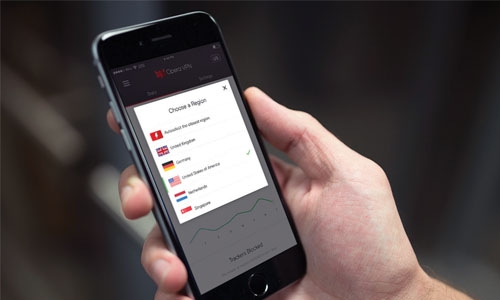Use VPN in UAE and face fine upto US$ 545,000
The United Arab Emirates (UAE) has issued a regulation that forbids anyone in the UAE from making use of virtual private networks (VPN)
The new law states that anyone who uses a VPN or proxy server can be imprisoned and fined between Dh500,000-Dh2,000,000 ($136,000-$545,000, £415,000, €495,000) if they are found to use VPNs fraudulently.
Previously, the law was restricted to prosecuting people who used VPNs as part of an internet crime, but California-based VPN and privacy advocate Private Internet Access says that the law has now changed to enable police in the UAE to go after anyone who uses VPNs to access blocked services, which is considered to be fraudulent use of an IP address.
VPNs are services that allow users anywhere in the world to connect to a private network on the internet. These are useful for online privacy, as they hide the user’s actual location.
However, they can also be used to circumvent region restrictions on content – such as tricking Netflix US into thinking that foreign users are based in that country, or bypassing state censorship in China or Turkey to access services like Twitter and Facebook or even pornographic websites. VPNs are also often used in conjunction with the Tor anonymity network to access websites hidden on the Dark Web.
The fight against free VoIP apps
At the moment, a large number of people residing in the UAE utilise VPNs in order to access popular apps that are inaccessible from within the Gulf nation like WhatsApp, Snapchat and Viber, which are messaging and voice apps that make use of Voice over IP (VoIP) technology to deliver voice calls over the internet for free.
VoIP “over-the-top” apps have long been a thorn in the sides of telecoms operators around the world, because consumers no longer need to pay international calling rates to speak to their loved ones – they can just speak to them on Skype, WhatsApp, Facebook Messenger, Viber or Snapchat.
But the UAE is one of the first governments in the world to actually regulate on behalf of and for its telecoms companies in order to help them stem loss of revenue from VoIP apps.
Etisalat and du are the only two companies in the world that have been granted licences by the UAE government to offer commercial VoIP services, which can be expensive, and rather than enable citizens and residents to have choice about what services they want to use, the government is assisting UAE’s telecom providers in upholding a monopoly on voice calls made in the country.
Related Posts

